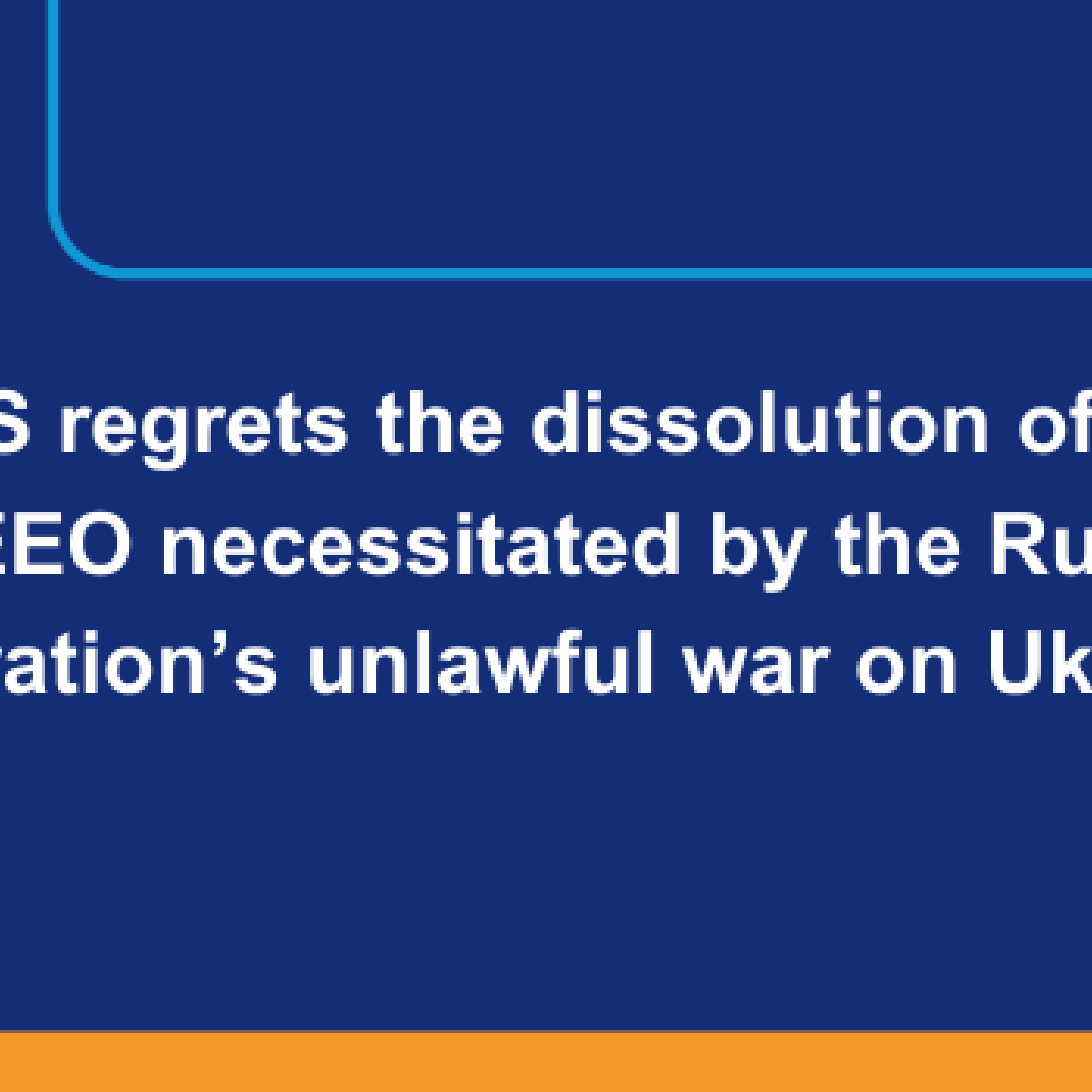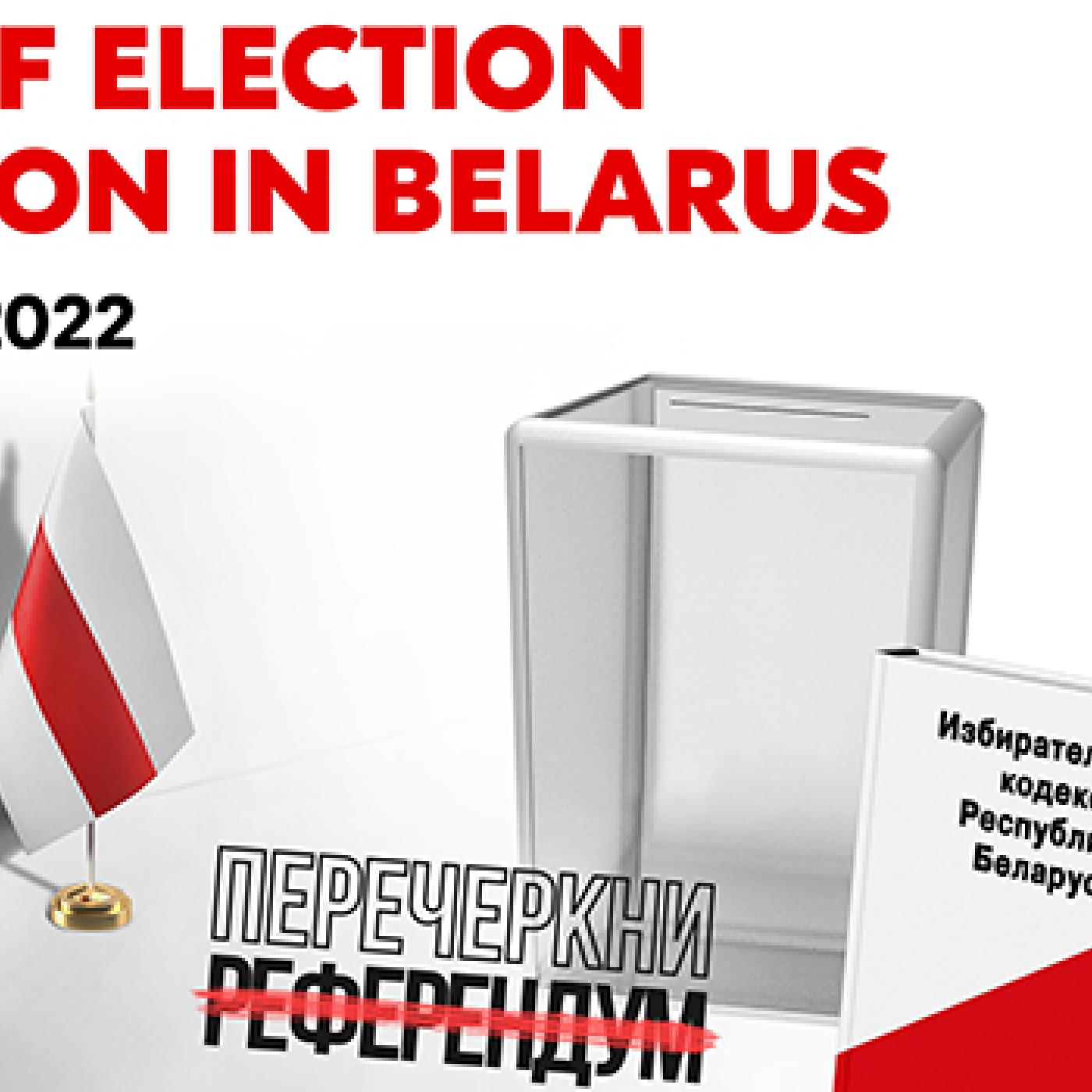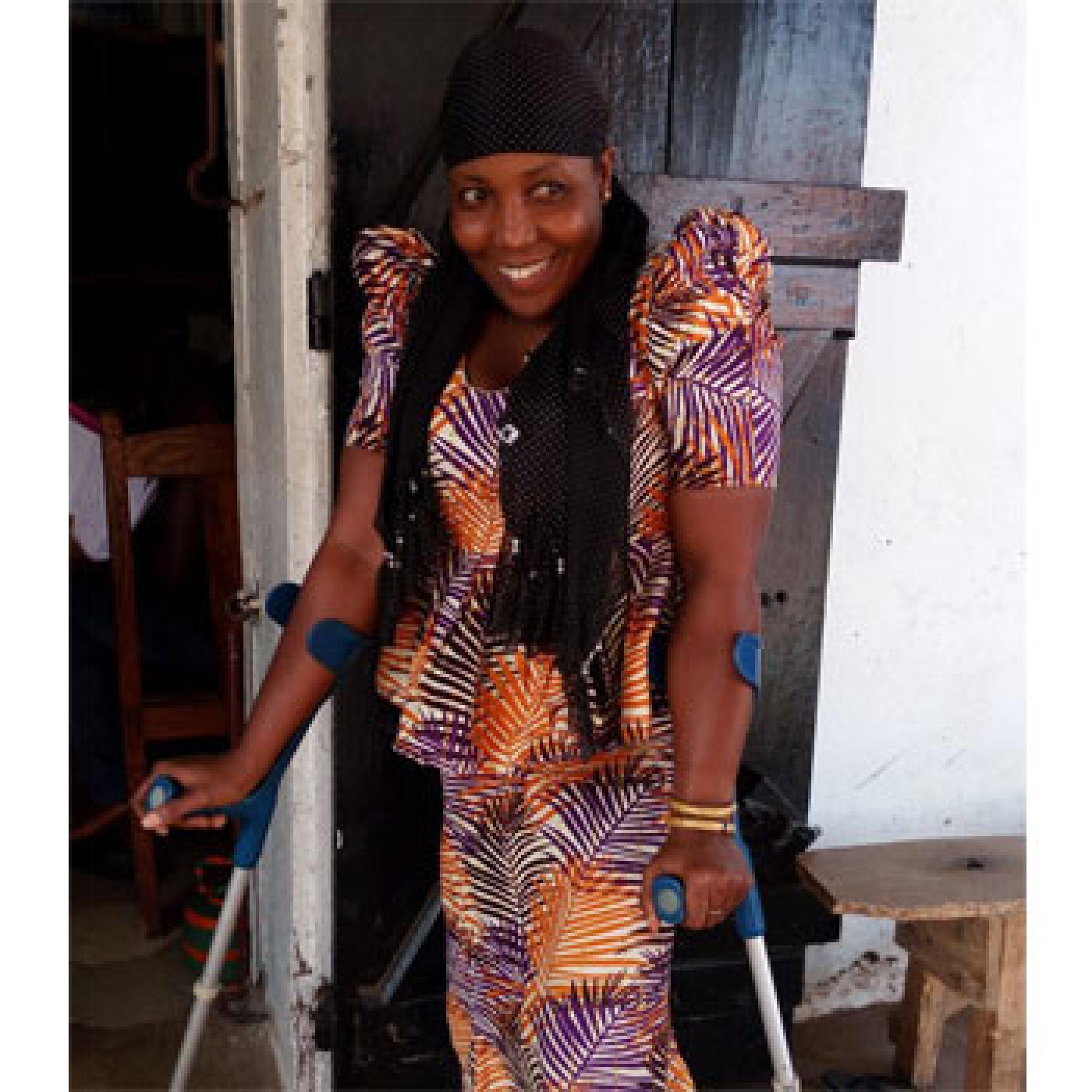Tools & Resources
Filter by
Type
Publication date
Language
Type
Publication date
Language
News & Updates
Press Release
IFES Statement on Dissolution of ACEEEO Due to Russian Federation War in Ukraine
IFES' statement on the dissolution of ACEEEO due to the Russian Federation's war on Ukraine.
Election FAQ
FAQs: Belarus Constitutional Referendum 2022
IFES presents frequently asked questions (FAQs) on Belarus Constitutional Referendum 2022.
News & Updates
Announcement
Expert Seminar: “Future of Election Regulation in Belarus”
IFES is pleased to announce an expert seminar organized by the Office of Sviatlana Tsikhanouskaya on the “Future of Election Regulation in Belarus” from Jan. 11-12.
Election FAQ
Elections in Iran: 2017 Presidential and Municipal Elections
On May 19, Iranians will go to the polls to elect their next president and members of city and village councils. If no candidate receives a majority (50% plus one) in the presidential election, the top two candidates will compete in a runoff election.
News & Updates
Feature
IFES Celebrates International Day of Persons with Disabilities
The annual International Day of Persons with Disabilities, held on December 3, commemorates the human rights of persons with disabilities. This year we also celebrate the 10th anniversary of the United Nations Convention on the Rights of Persons with Disabilities (CRPD).
News & Updates
Feature
Fatoumata Camara Discusses Advocating for Persons with Disabilities in Guinea
Fatoumata Camara, a Guinean with a physical disability, is the Deputy Coordinator for the Association of Persons Living with a Disability of Mamou, Guinea. In this Q&A, Camara discusses barriers to electoral and political participation that Guineans with disabilities face, the role of civic education in reducing those barriers and major accomplishments of the disability rights movement in Guinea.
Election FAQ
Elections in Iran: 2016 Majlis and Assembly of Experts Elections
On February 26, Iranians will vote for the 290-member Islamic Consultative Assembly (Iran’s Parliament, also known as the Majlis) and the 88-member Assembly of Experts. The Majlis and the Assembly of Experts play a role in selecting the individuals who serve in the country’s non-elected positions with the greatest religious and political authority – the Supreme Leader of Iran and the Guardian Council. To help you understand this important electoral process, IFES provides Frequently Asked Questions on these elections.
Election FAQ
Elections in Guinea: 2015 Presidential Elections
On October 11, citizens of Guinea will head to the polls to vote in their country’s second democratic presidential election.
Publication
Brochure/Fact Sheet
Guinea: Support Political and Electoral Processes
Guinea held a legislative election on September 28, 2013, after six years of delays attributable to a variety of factors, including a military coup d’état. This election, despite being preceded by a series of violent demonstrations, was conducted peacefully, and was widely considered a positive step in Guinea’s democratic transition. Challenges persist, however, that must be addressed prior to the presidential election that is currently scheduled to take place in 2015. The Independent National Electoral Commission (CENI) continues to struggle to demonstrate the institutional and operational capacity necessary to administer elections in a credible and transparent manner and the promotion of electoral reform is further inhibited by a generally weak understanding among citizens of democratic principles, electoral processes, and decentralization.
January 28, 2015







